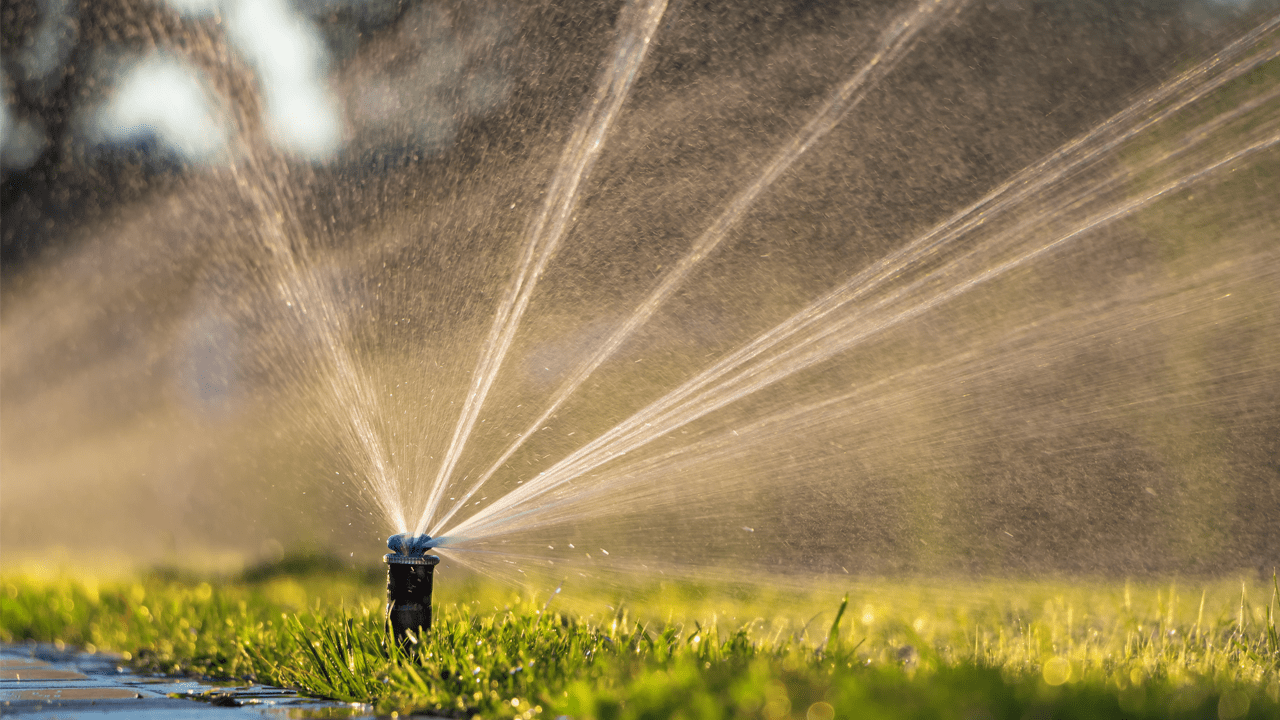July is traditionally the month of peak demand for outdoor water use. Warm temperatures, little rainfall, and water restrictions make it difficult to keep plants from entering drought stress. However, there are several smart irrigation practices that can be put into effect to help maintain green and healthy plants without wasting water. To promote awareness about efficient water use, the Irrigation Association has designated July as Smart Irrigation Month. Arborjet and Ecologel are proud to support this initiative.
What is Smart Irrigation Month?
The Smart Irrigation Month campaign focuses on implementing simple practices and innovative technologies to improve the efficiency of landscape water use. Consumers can save money on utility bills while helping to protect community water supplies for today and the future. Property owners and managers typically over water, unintentionally wasting money. To kick off this Smart Irrigation Month we are promoting products and providing tips to help consumers save water and money.
How to Reduce Your Watering
Did you know that, nationwide, nearly 9 billion gallons of water a day go to landscape irrigation? According to the EPA, up to half of the water applied to landscapes may be wasted by in inefficient practices and systems. Today, technological advancements in smart irrigation systems and controllers continue to reduce water waste. However, there are several other ways to conserve water that focus on more than just your irrigation system.
It is important to know the details of your property when creating a water conservation plan. Determining your soil type can help you to understand how quickly water will be absorbed without runoff and waste. Also, keep in mind that different plants have different water needs. Watering your property to accommodate the thirstiest plants wastes water, and can lead to root rot, fungus, and disease. Additionally, test soil for pH and nutrient availability. A well-rounded fertility program will can enhance plant health and help reduce overall watering requirements. Finally, watering plants and turf deeply but less frequently will encourage deep root growth and increase drought tolerance.
Types of Water Management Products
Another way to reduce watering needs is by applying soil moisture management products such as wetting agents, super absorbent polymers or hygroscopic humectants. Like dish soap in a pan, wetting agents allow water to penetrate waxy hydrophobic soils. Wetting agents reduce runoff and promote more even dispersion of water through the soil.
Super absorbent polymers or “water storing crystals” have a function similar to baby diapers. When in contact with liquid, they absorb that liquid and swell up, creating reservoirs and increasing soil’s water holding capacity. Incorporate super absorbent polymers into the soil at plant or injected into the soil around established plants.
Hygroscopic humectant products attract water vapor from the air spaces within the soil, condense it back into a liquid form, and make the liquid available for plant roots to absorb. When applied and watered into the root zone, these hygroscopic humectants will allow plants to more effectively utilize any water they receive through rainfall and irrigation. These products will reduce overall water use by as much as 50 percent or more. Use these products when seeding or sodding, with new plant installations, or as part of a regular maintenance program.
Smart Irrigation Month is a great opportunity to begin implementing water conservation practices. While upgrading your irrigation system with efficient equipment is important, keep in mind that even greater water savings can be achieved when incorporating smart practices and product applications.
For more information about Smart Irrigation Month, and ways that you can support this initiative, visit the Irrigation Association’s website.

